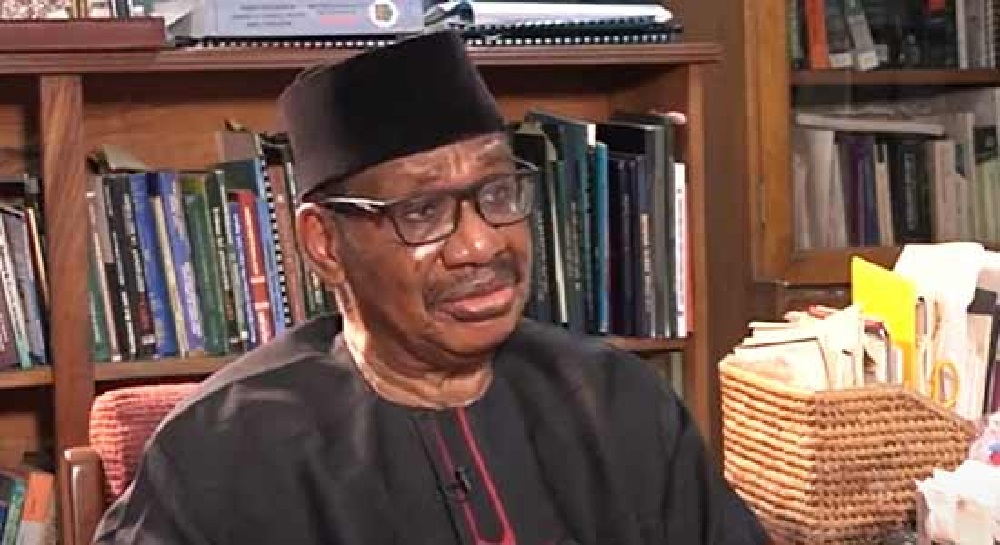Prominent legal scholar and Senior Advocate of Nigeria, Itse Sagay, has cautioned President Bola Tinubu’s administration against implementing economic policies recommended by the World Bank and International Monetary Fund, arguing that such prescriptions exacerbate hardship for Nigerians.
Speaking in an interview with The PUNCH, Sagay criticised the decision to remove the petrol subsidy based on advice from the Bretton Woods Institutions, describing it as ill-timed and detrimental to the economy.
He noted that historically, IMF and World Bank policies have failed in developing countries, plunging them into deeper economic difficulties.
“I was against the removal of subsidy before we became self-sufficient in internal production of petrol,” Sagay said. “The removal has caused severe economic hardships, including a dramatic crash of the naira and soaring costs of food and transportation.”
He highlighted the suffering of Nigerians, citing the increase in transportation costs, such as a trip from Lagos to Delta State rising from N5,000 to N65,000, and called for a reversal of these policies.
Sagay further stated that the IMF and World Bank often propose “harsh and counterproductive” policies to developing nations, leading to failure and misery in countries that adopt them.
Sagay said, “Before Tinubu took power, I urged him not to remove the subsidy on petrol until we are fully producing it internally. Unfortunately, that was not done and that petrol subsidy removal has plunged us into various serious economic, life hardship.
“My personal belief is that the IMF, World Bank and these Western economic institutions always prescribe very harsh policies for developing countries.
“I do not know any developing country that has adopted these policies which have been successful economically. All those who adopted it in the past failed because their situation got worse until they tossed out those policies and started again.
“From our experience with other African countries, these IMF, and World Bank policies have always failed and have always brought suffering, and misery to the countries to which they are applied. So I hope that somewhere along the way, these policies will be reversed.”
On tax reform bills, Sagay expressed support, arguing that the reforms would push states to increase productivity and reduce the inequities in tax revenue distribution.
He emphasised that states should contribute proportionally to the revenue they receive.
“Lagos, for example, bears the burden of providing infrastructure for a large population but does not get revenue commensurate with this responsibility,” Sagay noted. “A reform that ties earnings to productivity is fair and will encourage states to be more self-reliant.”
Sagay urged the government to reconsider its economic approach while supporting reforms that incentivise productivity and fairness.

